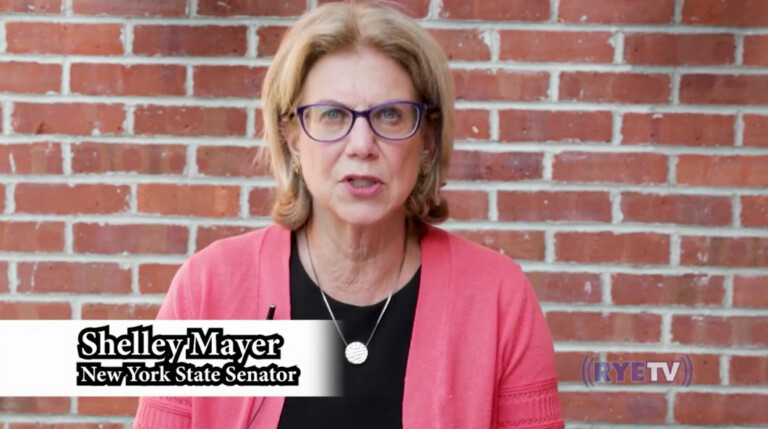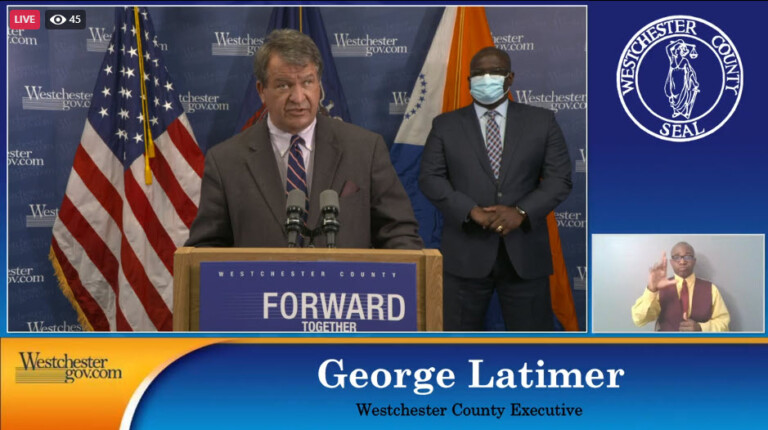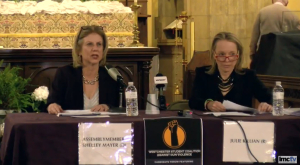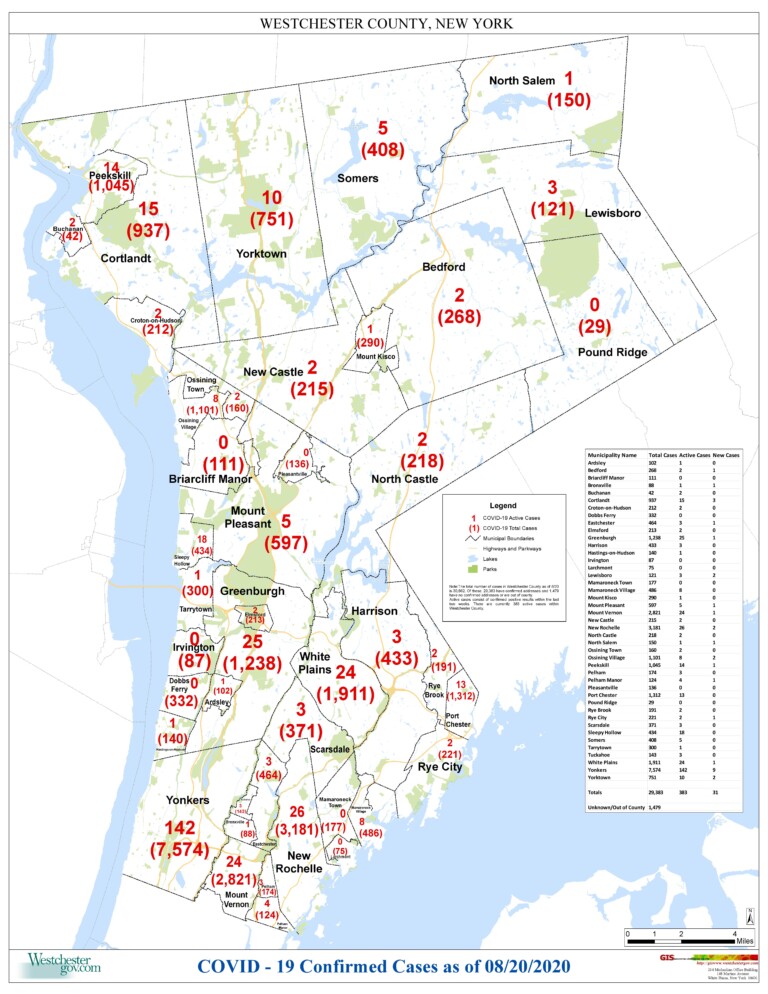Holding Court: DWI Cases in Court
Holding Court is a new series by retired Rye City Court Judge Joe Latwin. Latwin retired from the court in December 2022 after thirteen years of service to the City.
This week, Latwin builds on last week’s Holding Court: Drunk Driving – Don’t and explains what happens when the driver shows up in court.
By Joe Latwin
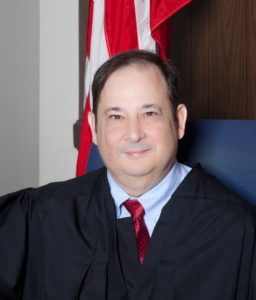
So now you’ve been stopped, arrested, and given a court date. These cases are heard on Tuesday mornings. You show up at court, enter the courtroom, and sit waiting for your case to be called. When your case is called you will approach the bench. A word to the wise – don’t show up drunk or wearing a Budweiser or Bacardi tee shirt.
When your case is called, you will stand before the Judge. The Assistant District Attorney will be standing next to you. If you have an attorney, your attorney will stand with you. The Judge will read the charges against you and advise you of your rights (unless your attorney waives a formal reading). A plea will be entered – guilty of not guilty.
If there is a blood alcohol reading, your license to drive will be suspended pending the outcome of the case. If there was a refusal to take the breath test, your license will be suspended for a year. Either way, you must surrender you drivers’ license. In some cases, the driver may seek a hardship privilege to allow driving to and from school, work, or medical appointments. The Court will hold a hearing on the hardship application before completion of the arraignment. The driver must bring in independent witnesses as to the need for the privilege and the availability and costs of alternate transportation. If allowed, you may only drive to or from the address of the school, place of employment (not jobs sites), or doctors, and only during specified times.
The Judge will likely send you for a TASC (Treatment Alternatives for Safer Communities) evaluation to determine if you have a drinking problem, if so, how bad is it, and what treatment is needed. If you are charged with felony DWI because there was a child in the vehicle, the DA may ask for an Order of Protection directing you to stay away from the child, its home, and its school. The Judge will also give you “Parker” warnings – your rights to attend the trial and a warning that if you don’t show up, the Court can proceed in your absence. The case will be adjourned for at least a month so as to get the TASC report back, allow your attorney to review the mandatory discovery, and see if a plea can be negotiated.
Within about 35 days from arraignment, the DA will file a certificate of compliance with the discovery requirements, and a statement of readiness for trial. The Judge will ask if you want a jury trial or a trial by the Judge, and a pre-trial conference date will be established, and a trial date set.
At the trial, the arresting officer will testify as to his training and experience with drunk driving, the circumstances of the stop and the arrest. The officer who gave the refusal warnings or did the breath test will testify about the refusal or the test and its results. Any officer using a device (radar reading or alcohol test) will testify about their certifications to use those devices. The defendant may, but need not testify – remember they have the right to remain silent. All witnesses are subject to being cross-examined.
The attorneys may give a summation, describing what they believe has or has not been proved. The Judge will instruct the jury (if there is one) on the applicable law. Usually, the People are required to prove, from all of the evidence in the case, beyond a reasonable doubt, both of the following two elements:
- That on or about the date of the incident, in the county of Westchester, the defendant operated a motor vehicle; and
- That the defendant did so while in an intoxicated condition.
The Judge will also instruct that the law does not require any particular chemical or physical test to prove that a person was in an intoxicated condition. To determine whether the defendant was intoxicated you may consider all the surrounding facts and circumstances, including, for example:
- the defendant’s physical condition and appearance, balance and coordination, and manner of speech;
- the presence or absence of an odor of alcohol;
- the manner in which the defendant operated the motor vehicle;
- opinion testimony regarding the defendant’s sobriety;
Under our law, if a person has been given a clear and unequivocal warning of the consequences of refusing to submit to a chemical test and persists in refusing to submit to such test, and there is no innocent explanation for such refusal, then the jury may, but is not required to, infer that the defendant refused to submit to a chemical test because he or she feared that the test would disclose evidence of the presence of alcohol in violation of law.
The jury will deliberate and render a verdict. If found guilty of drunk driving as a misdemeanor as a first offense, the Judge may sentence the defendant to up to 364 days in jail, a minimum fine of $500 to $1,000 plus a $395 surcharge, two or three years of Probation, the installation of an ignition interlock device for up to a year on any car owned or operated by the defendant and / or a period of license suspension. Also, the Department of Motor Vehicles will impose a Drivers’ Responsibility Assessment of $250 dollars per year for three years.
Be smart. Don’t drink and drive. Take a cab or Uber. It’s cheaper than the attorneys’ fees and with a lot less aggravation.

